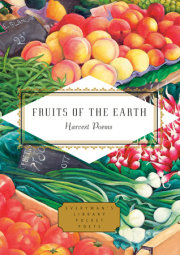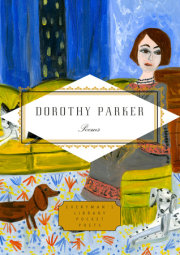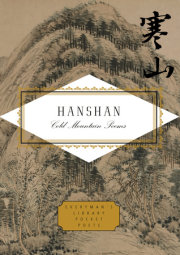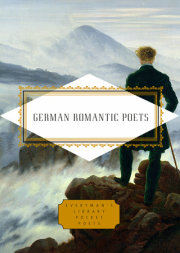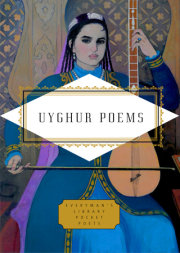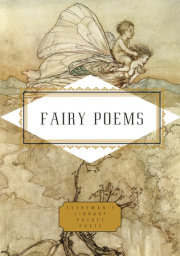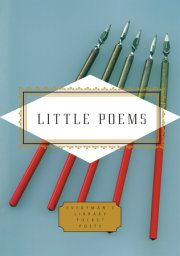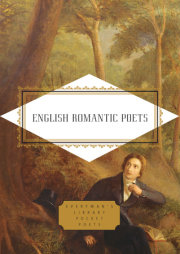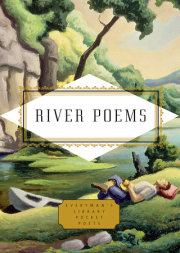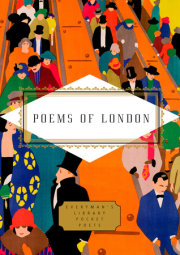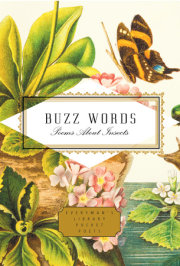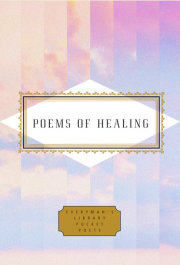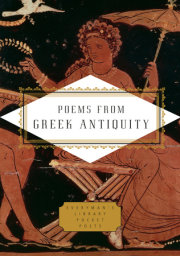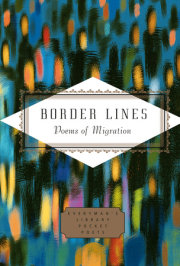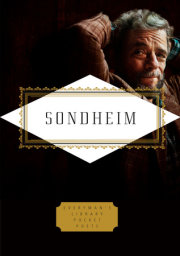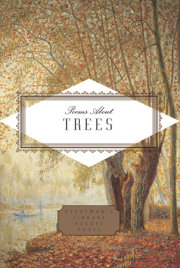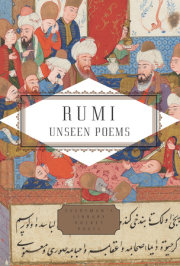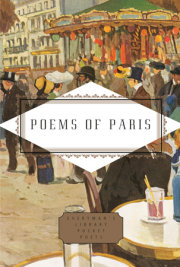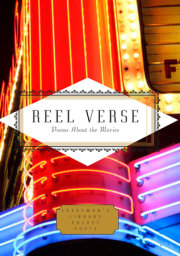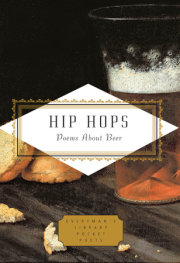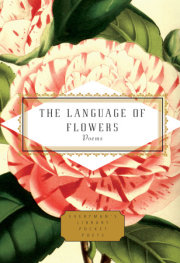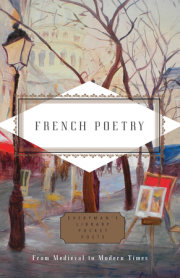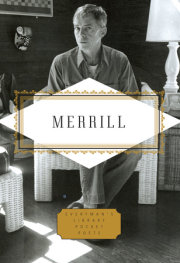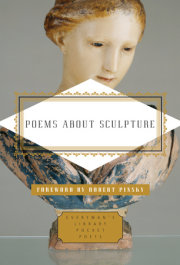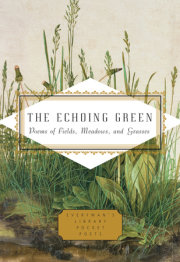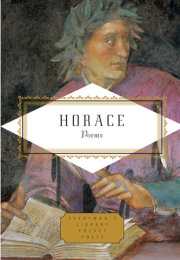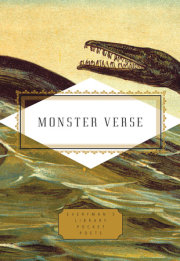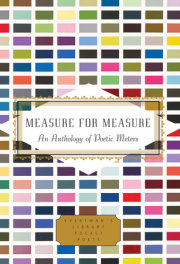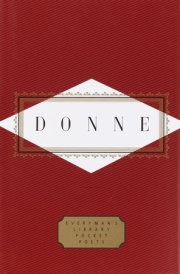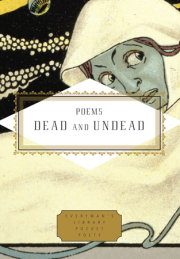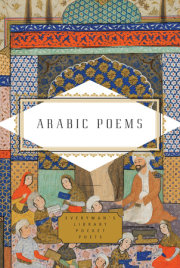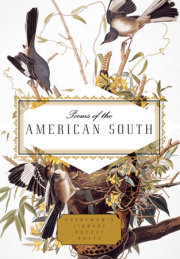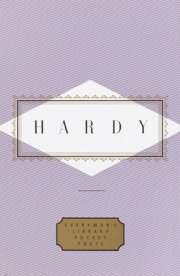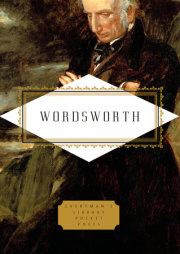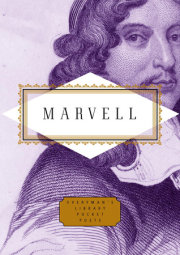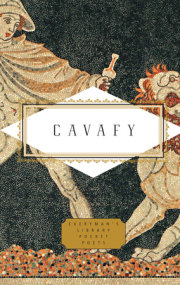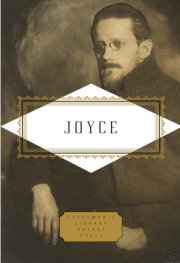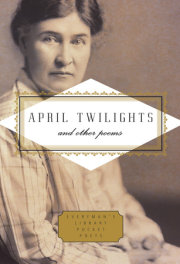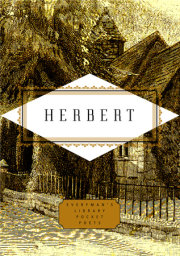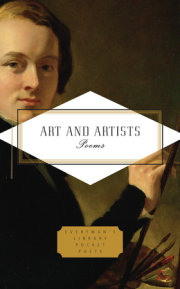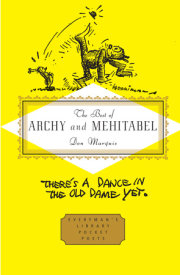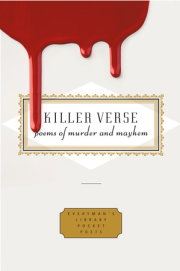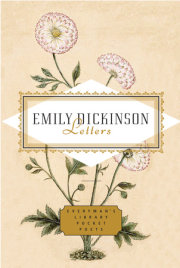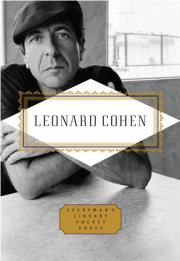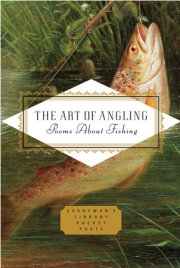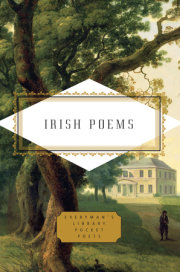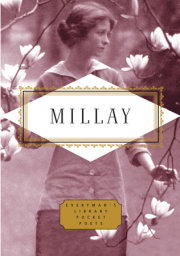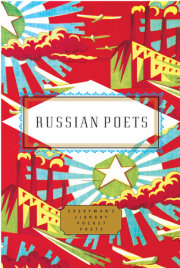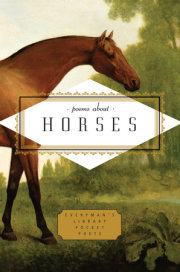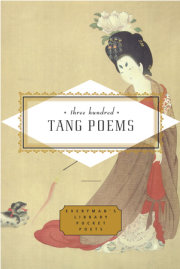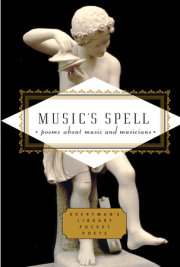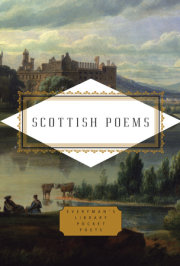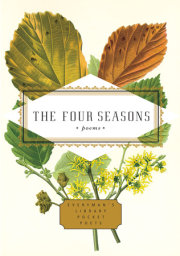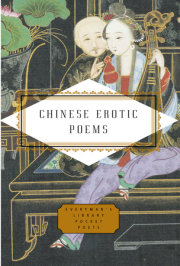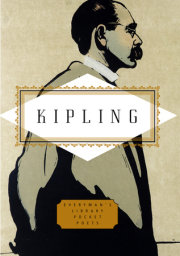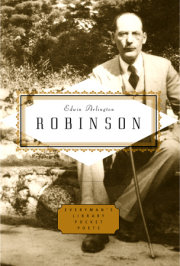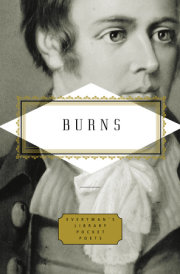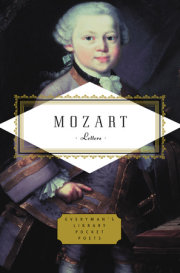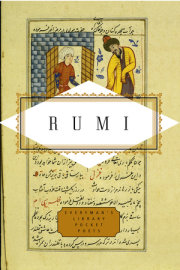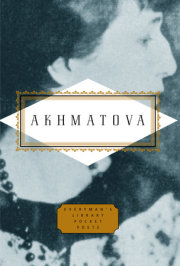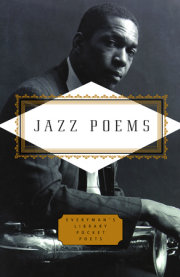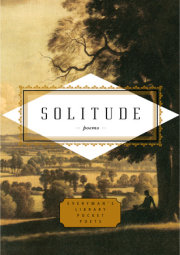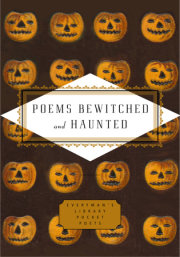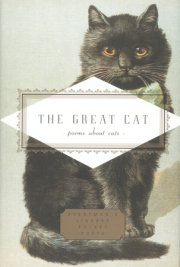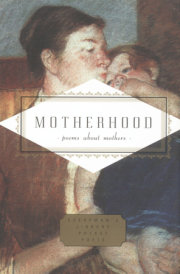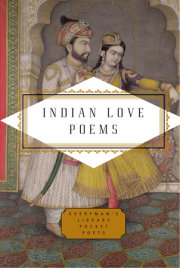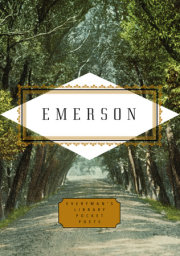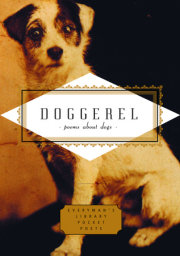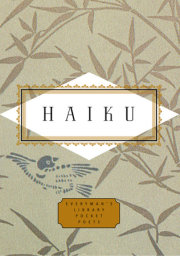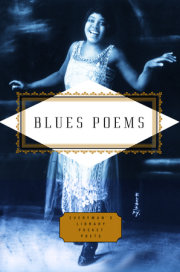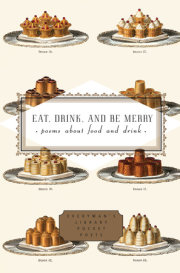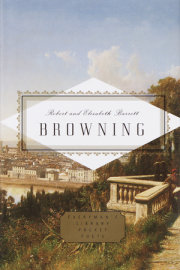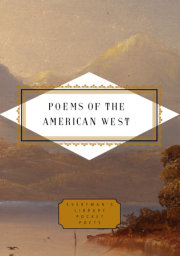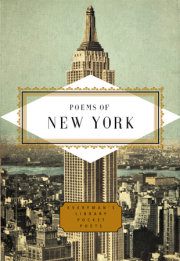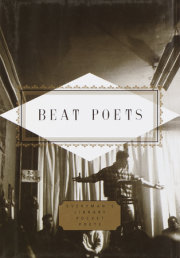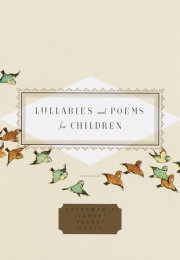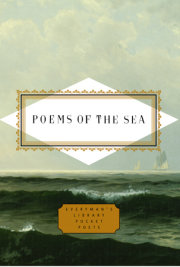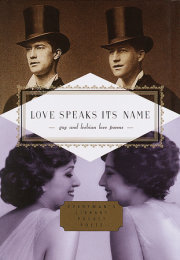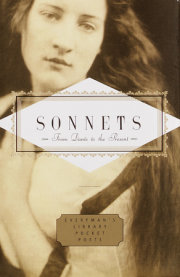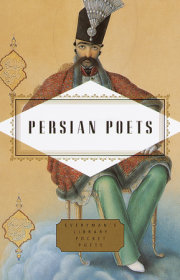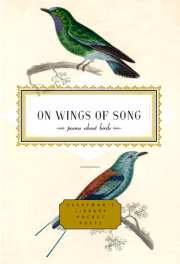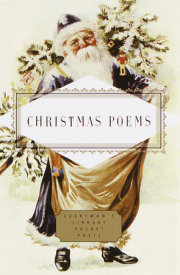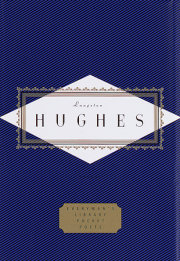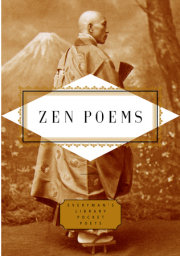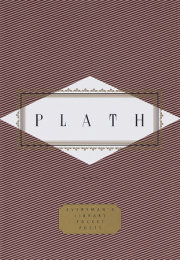from the Introduction by Jonathan Galassi
READING MONTALE
The story begins in an enclosed garden, an orchard to be precise. The wind enters, bringing the sound of thesea, which arouses dead memories. Suddenly the garden is not a garden but a graveyard, a mortuary, and the solitary strip of coastline where it lies has become a crucible, where history itself is forged. The story is being told to someone else, a ‘‘you’’ who, unlike the storyteller, may be able to take flight out of the constricting enclosure with the assistance of an intervening apparition, a creature out of a dream. The one hope of salvation imaginable to the anxious, disaffected storyteller is that his own existence may somehow be justified in helping his interlocutor escape the surroundings he finds so inimical.
The story continues, rippling out from here, gathering density, specificity, and color, growing in complexity and resonance. The elemental coastline is vividly evoked: churning sea; impenetrable azure sky; blinding, hallucinatory sun; unforgiving cliffs and shoals – outward manifestations of the narrator’s inner landscape. We get to know him in other ways as well. He is melancholy, solitary, obsessed with death and his past, preoccupied with limitations, both his and his world’s, and he shoulders the burden of an overriding sense of universal wrong. He is an old young man, desperate for a counterpart, a companion who will recognize him and tus rescue him from the prison of himself, who will belie his conviction that he is extraneous to life.
Gradually, this other, too, emerges out of the haze of the shore; but she is more absent than present, a phantom herself. Later her nature will be clarified, but by then she has more or less left the narrator behind. Yet his one possession is his anxiously posited faith in her reality, and her capacity not to be saved herself now, but to redeem him. This character so doubtful of his own existence has come to stake his life on the conviction that she is the only real being in an alien and insubstantial world; outside her – and himself – is no one and nothing.
The storyteller ventures into the wider world. It is crowded with things – props, toys, keepsakes, exotic animals: the detritus of life past and present – but these become invested with significance only when they function as signs, somehow, of
her existence. The loved one appears in several guises before she takes shape as a conclusive figure, but each of her manifestations reveals her essential nature as the storyteller’s mirror and inspiration. Yet her relationship to her faithful servant is difficult and troubled; she is often harshly judgmental, quasi-parental, for she is patently superior to him, partaking as she does of divinity. Still, she is with him, even when she is not physically present; she becomes a part of him, endowing him with the courage and strength to combat an enemy – one especially dangerous for her – who has begun to intervene threateningly in the world and to menace the storyteller and his beloved. Eventually, her battle with this foe takes her far from him, and as she withdraws he sees their private drama projected against a background of universal conflict: she has become an actor not only in his story but in the history of the cosmos itself, her angelic mission now not simply to save him but to protect mankind from self destruction.
Eventually, the enemy is defeated; but the angel has been fatally wounded in the struggle and dies, or is translated into another reality, imitating in her own way the trajectory of the Savior who was her precursor and model. The storyteller now is left with only the memory of her splendor and his anguish and resentment at being abandoned to an existence that is even more unpalatable than before – corrupt, decaying, profane like himself. He is visited by idealized images of the closed coastal world of his childhood, which had once felt alien and cruel but which now, in memory, appears nurturing and humane. And now that his experience of divinely inspired love has ended, he consoles himself with a new, earthly love who competes with the fierce angel who inhabits his memory for ownership of his soul. This new figure, his Dark Lady, also takes on various guises before her character is definitively revealed. She is the angel’s alter ego: dark, sensual, carnal – and ever-present. With her, he knows the secular ecstasy of passion, but the experience remains an intensely private one; the dream of universal salvation aroused by the angel’s struggle with the enemy – which is also the storyteller’s dream of liberation from solipsism – remains a dream. In his mind, his new love starts to resemble the angel, and they begin to meld into one life-giving figure, for each represents an episode in the ongoing attempt to escape himself that is the storyteller’s fundamental drama. The illusion fails; finally, it cannot defeat the overpowering, innate conviction of his apartness that a lifetime of experience has confirmed. Nevertheless, the dream of faith in a saving other endures as the essential meaning of the narrator’s story: his one talisman to ward off desolate reality.
If Montale’s poetry can be construed as a novel, and there are many indications that he himself thought of it in these terms, this would be its plot. An existential drama, one that has much in common with the itineraries of his fellow European modernists, but with its own highly specific coloration and character; for Montale’s story is also written as a version of the
canzoniere or songbook, the collection of poems addressed to a beloved woman that has been the determining form of Italian lyric poetry since Petrarch. More deeply, more comprehensively than any other modernist poet, Montale draws on the tradition that formed him, appropriating its essential story and reshaping it to serve his contemporary purposes.
In 1971, after a hiatus of more than fifteen years, Montale published a fourth collection,
Satura, which was to be followed in the next decade by three more books that equal the output of his first thirty years of writing. But Montale’s later poetry, written in his sixties, seventies, and eighties, is largely an ironic commentary on what came before, the
retrobottega, or back of the shop, as he called it, a second and secondary body of work. As more than one critic has observed, it constitutes a progressive unmasking, a demystification and parody of the erotic-religious myth that reaches its apogee in
La bufera e altro and constitutes his major achievement. Our sense of the totality of Montale’s contribution would be incomplete without his dryly prosaic, diaristic ‘‘second manner’’ – as itwould be without his stories, his pointed criticism of literature, music, and the culture of his times, and even his painting. Nevertheless, the work that begins with
Ossi di sepia and ends with
La bufera describes a complete arc, one of the greatest in modern literature.
What do Italian readers hear in Montale? I’m going to offer a response, informed by my reading in his critics, though no one not born into a language can truly know how poetry sounds to those for whom it was written. First, I believe they hear a terse, tensile, astringent music, one that asserts its individuality in sharp contradistinction to the prevailing norms of its era. Instead of orotund mellifluousness they encounter harshness and abruptness, enclosed in predominantly short forms tending to the paratactic, which are often in themselves self-conscious ironic reprises of traditional stanzas. They encounter a large, often arcane vocabulary which, in its restless search for expressive authenticity, employs rare words from sources ranging from the highly artificial and archaic to local dialect, frequently deployed in surprising conjunctions calculated to ‘‘strike sparks.’’ They find, as a rule, compressed expression of themes reiterated to the point of obsession, along with prodigious inventiveness in handling the inevitable, even oppressive riches of Italian rhyme, and great variation in the use of the Italian version of iambic pentameter – the hendecasyllable – which Montale alternates freely with
settenari,
ottonari, and
novenari, seven-, eight-, and nine-syllable lines, in his search for constant rhythmic variety, occasionally resorting to longer forms as he experiments with his own kind of Hopkinsesque ‘‘sprung rhythm.’’ In sum, Italian readers of Montale experience a restless will to reinvent, to renew the time-honored materials of their poetry by submitting them to arduous contemporary challenges.
They also hear constant echoes of an entire tradition. Italian lyric poetry can be seen as constituting a remarkably concise and unified line, starting with the thirteenth-century
stilnovisti and their exemplar, Dante, the defining presence in Italian literature and the first to move the language out of the shadows of the classical past which in some respects endure to this day. The major figures – Petrarch, Foscolo, Manzoni, Leopardi – are relatively few, and all of them echo in Montale’s work. The poetic novel that ends with
La bufera, then, can be read as a re´sume´, a summation, perhaps a farewell to the Italian lyric enterprise, that love story tinged with an aura of the religious which begins with Dante and his inspiration, Beatrice.
In
Ossi di seppia the Italian reader hears echoes, too, of Montale’s immediate forebears, the
crepuscolari, the post-symbolist ‘‘twilight’’ poets of his native Liguria, and behind them the sweet, sentimental, inventive voice of their major precursor, Giovanni Pascoli. This domestic, naturalistic strain alternates with the overstuffed turn-of-the-century rhetorical grandeur, tilted toward grandiosity, of Gabriele D’Annunzio, who did everything that could be done with the language of his time – and via whom Montale makes his first approaches to the style and vocabulary of Dante.
Ossi di seppia has been seen as a rewriting of D’Annunzio’s
Alcyone, an attempt at wringing the neck of its overweening eloquence – though Montale cannot help but resort at times to the very excesses he is fighting to liberate himself from. The book is a series of experiments – many of them French-influenced, post- symbolist, impressionistic, synesthetic – in creating a voice, achieved definitively in the
ossi brevi, the brief lyrics at the heart of the book which express an unconsoled pessimism in terse, paradoxical formulations.
Montale’s stylistic maturity emerges in
Le occasioni, written in the late twenties and thirties, after he had left Genoa and the Cinque Terre behind. In Florence, where he was eventually acknowledged as a major figure of his generation, he made contact with the wider universe of Italian letters and with European modernism, and perfected the method of compression and figuration, the ‘‘poetry of the object,’’ that was to define his mature style. But, as Montale himself acknowledged, his wider experience and experimenting finally only confirm and deepen his Italianness. He exchanges his poetic fathers, Pascoli and D’Annunzio, for his primary forebears, Dante and Foscolo, who, perhaps not coincidentally, happen to be Tuscan (the other great classic, Leopardi, was with him from the beginning, a characterological model of solitary melancholy who offered literary confirmation of the young poet’s innate temperament). Dante’s influence intensifies as Montale’s narrative coalesces as an amorous and later a religious allegory, taking on the methods as well as the coloration of Florentine
stilnovismo. The book against which Montale can be said to work in his middle years is the
Vita nuova, the allegorical ‘‘novel’’ in which Dante’s beloved Beatrice leads him to revelation. Indeed, allegory can be seen as the determining method for the metaphysical ‘‘dream in the presence of reason’’ that Montale’s entire poetry becomes, and it is increasingly haunted in
La bufera by the
Commedia, especially the
Inferno, as the poet comes to read the apocalyptic history of his own era more and more within the framework of the greatest model in Italian.
There are countless other echoes, too: of Shakespeare and the Anglo-American Romantic tradition, including Shelley, Keats, Browning (whose commingling of the prosaic and the domestic Montale admired and absorbed); of Dickinson and Hopkins; of Baudelaire, Rimbaud, and Mallarme´, whose symbolist poetics he tests to the breaking point; of Italian, French, Spanish, and English near-contemporaries, the most important being Valery and Eliot – with whom Montale clearly felt an affinity and from whom he felt the need to differentiate himself, underlining that his own poetry of the object was arrived at independently of Eliot’s objective correlative. As Gianfranco Contini has observed, Montale’s work is written at the point of ‘‘veritable cultural saturation’’; it is so heavily layered with allusion and quotation, particularly self-quotation, that at times it seems to approximate the echo chamber of Walter Benjamin’s ideal work, the collage of borrowings. Yet Montale’s weft of references and echoes performs a function in his poetry similar to that of his famously difficult vocabulary, his odd, seemingly reluctant rhyming, and his shifting metric: all are evidence of his determination to use every tool at his disposal in the attempt to unburden himself of an unchanging something that nevertheless remains virtually impossible to convey.
Montale’s critics talk about the ‘‘non-poetry’’ mixed in with the ‘‘poetry’’ of his first book, by which they mean the philosophical assertions out of which the lyric effusions spring (the dichotomy was first posited by Benedetto Croce). Much has been made of his indebtedness to contingentist philosophy, yet as he himself has said, what he was essentially doing was obeying ‘‘a need for musical expression,’’ his voluminous reading providing ex post facto confirmation for what he had already sensed or felt. As his work matured, he learned, as he said, ‘‘to go deeper,’’ ‘‘to express the object and conceal the occasion-spur,’’ the engendering event or perception that are his poems’ ‘‘occasions.’’ Things dominate the poems, and the style, of
Le occasioni: verbs are subordinated to nouns, which characteristically pile up in lists or catalogues – one of the notable features of mature Montalean rhetoric. And as they develop, the catalogues become ever more extravagant and surprising, a sinuous, constantly transforming series of metaphors spiraling around an elusive central core, until in ‘‘The Eel,’’ which many consider the apex of Montale’s poetry and of the modern Italian lyric, the eel is identified as ‘‘siren,’’ ‘‘torch,’’ ‘‘whiplash,’’ ‘‘arrow,’’ ‘‘spirit,’’ ‘‘spark,’’ ‘‘rainbow,’’ and ‘‘sister’’ – all in one polymorphous thirty-line sentence. Montale’s metaphorical restlessness, like his constant resorting to allusion, gives voice to his essential insecurity about his ability to fix his meaning, to pin it down for good. The subordination of verbs to nouns (actions are often locked within noun forms) also tends to confirm the sense, fundamental to his work, of confinement in an immutable status quo.
As a young man, Montale referred to his poetry as ‘‘a waiting for the miracle,’’ the contingent miracle of flight which would release his beloved female figures from the imprisonment his poetics embodies with such dynamism but which is unavailable to the poet himself, whose groundedness and heavy corporality are frequently emphasized. This obsessive sense of stasis is reflected in his tendency to resort over and over to similar forms. The short lyrics of the
ossi brevi, typically two or three stanzas of four or five lines, usually balanced in various inventive ways (metrically, in rhyme, and in imagery), become a basic unit of his poetry, repeated in the central ‘‘Motets’’ of
Le occasioni, and in certain of the ‘‘Private Madrigals.’’ In each book, these alternate with longer pieces, and Montale’s comments make it clear that the structure of the later collections was meant to replicate that of the first (‘‘Times at Bellosguardo’’ in
Le occasioni, for example, was originally intended as a ‘‘pendant’’ equal in length to ‘Mediterranean’ in
Ossi di seppia).
Likewise with Montale’s images, which he once said exist within the poems like knots in wood, integral to their meaning, or, rather, constitutive of it. It is remarkable how consistent his figurative vocabulary is, how the same images occur in poem after poem, accruing significance and value through use and across time. Almost all of them can first be found in
Ossi di seppia: the wall; wind and clouds; flight (with its associated imagery: birds, wings); light and its sources and effects (sun, moon, heat, dawn, noon, sunset, shadow, lightning, night, sunflower); storm (rain, thunder); haze, fog, mist; mountain, rock, beach, shoreline; the sea and other water imagery (especially river, pool, whirlpool, eddy or vortex, and related images of entropy), as well as their opposites: dryness, parchedness; the mirror (or well or pool), locus of self-recognition; the circle or wheel, representative of constricting, inexorable fate; plants and vegetation, almost always symbolic of human beings; eyes; hair; jewelry; blood; the hunt; the ditch – these things, virtually all of them drawn from the elemental early world that is the substrate of Montale’s first poetry, are constantly returned to, as if they had not yet ‘‘betray[ed] their final secret,’’ as the poet attempts again and again to restate the fundamental problem of his work in ever more complexly enriched, not to say overdetermined, ways.
. . .
Copyright © 2020 by Eugenio Montale; Edited by Jonathan Galassi. All rights reserved. No part of this excerpt may be reproduced or reprinted without permission in writing from the publisher.


